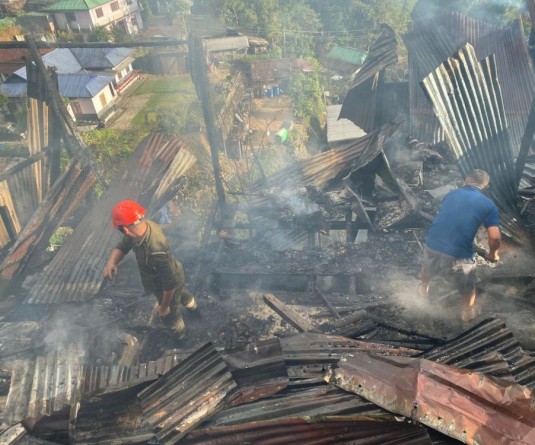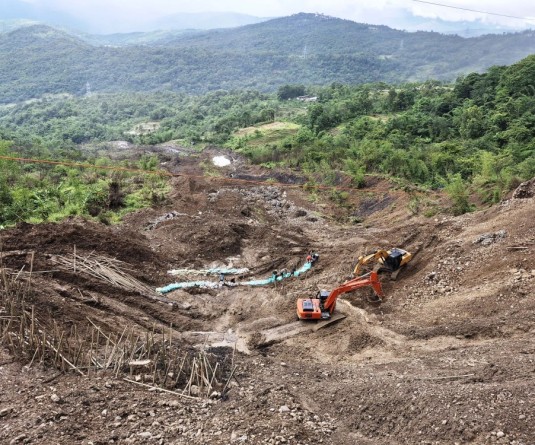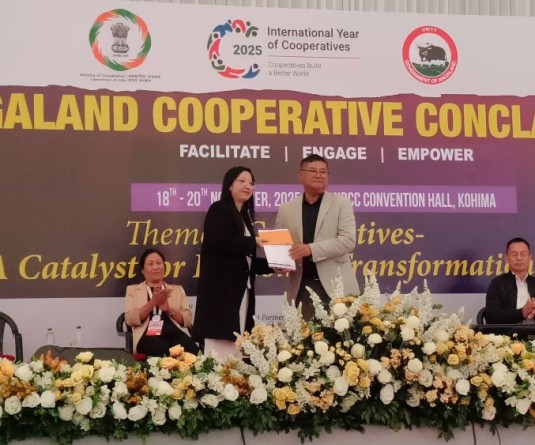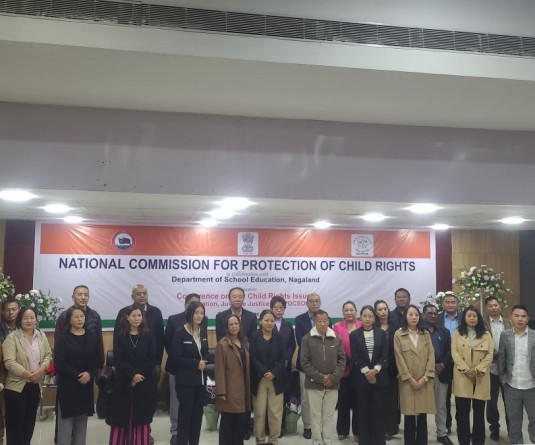
Morung Express News
Kiphire | June 12
Every year, hundreds of children from Eastern Nagaland and Myanmar leave their homes, parents and siblings to migrate to the urban towns in unfamiliar surroundings and households to work as domestic help in exchange for basic human needs such as food, shelter and education.
These are children sent or taken away from their homes by ‘agents’ or relatives and once placed in their employers’ homes have little or no contact with their parents. The responsibilities of these children are to clean, cook, take care of other children and do a variety of activities which can be detrimental to their physical and psychological development.
In most of the situation, circumstance of poverty and the inability to provide education to their children is what compels the poor parents to send their children to distant places in the hope of a better education and future.
Once in the town, the dice of fate are rolled where some children would consider themselves “fortunate” by finding home in households who takes good care of them; while many are compelled to face abject physical labour and abuse in the hand of their “employers.”
When one think about child labour, images of children working in dark factories or inhospitable streets of big cities come to mind. Which is why, children working in different homes as domestic help in a barter for providing education has been being argued by many as outside the purview of child labour legislation.
Otherwise termed as “invisible child labour,” the domestic workers in Nagaland with a work force spanning in the thousands with almost every household in the Naga urban towns keeping one of them, The Morung Express reached out to a couple of these children to obtain a deeper understanding of their harsh lives as child domestic workers, their sense of needs and in coping with separation from their parents and siblings.
Coming from a family of 5 siblings and a drop out of class 3, Asu (name changed), assumed to be aged around 13-14 works in a vehicle workshop in Kiphire town. His dream is to become a workshop owner someday.
After his father, a village guard passed away a couple of years back, Asu’s mother had no choice but to send most of the children to different homes.
Now except the two youngest in the family, the rest of the broods, including Asu are working to support the family. “I don’t know in what jobs my brother and sister are engaged in, just that they are staying in Dimapur and Kohima with family members,” Asu said.
Over a year as an apprentice in the workshop, Asu has not visited his village or managed to send even a penny to his mother who is taking care of the entire family. “I don’t get paid but my entire needs is taken care of by my employer,” he explained, apparently not complaining because he gets a roof above his head, food, basic necessities and most importantly, is learning a new trade.
“Sometimes I get Rs 20 or 30 rupees from customers coming to the workshop. I use the money to enjoy a packet of biscuits,” Asu meekly said.
Asu has no plans to pursue studies, but to focus on becoming a car mechanic and open a workshop. “If there is opportunity, it would be great to get professional training on a mechanic,” is the one aspiration that is on the undemanding wish list of Asu.
Rony (name changed), a Class-5 student in GMS Kiphire and staying at a family in Kiphire town feels that life in the town is comparatively better than in the village. “In the village, we have to go to the field almost every day, but here except for some house-hold chores, there is no tough work to do,” Rony said.
Coming from a family of 8 siblings, Rony has no idea where his four other siblings are. “I am told that they are studying in different government schools in Dimapur and Kiphire,” is the response from Rony who apparently have come to terms with the separation from his family and is coping well.
Rony aspire to become a doctor one day. “I will work in an office holding a pen and help the community,” the aspiring doctor shared his dream.
For Taying (name changed), life as a domestic help has not been fair. The 12-year old girl who hails from Thang village in Myanmar recalls the tasking life in the first family she was taken in Dimapur. Made to work the whole day relentlessly, Taying had no time for studies or personal hygiene.
“My main task was to look after the well being of four pigs- I foraged for their fodder, cooked for them and then fed them every day, this job took me the whole day,” Taying said. Now staying in a different home, Taying says she wish to concentrate on her studies.






